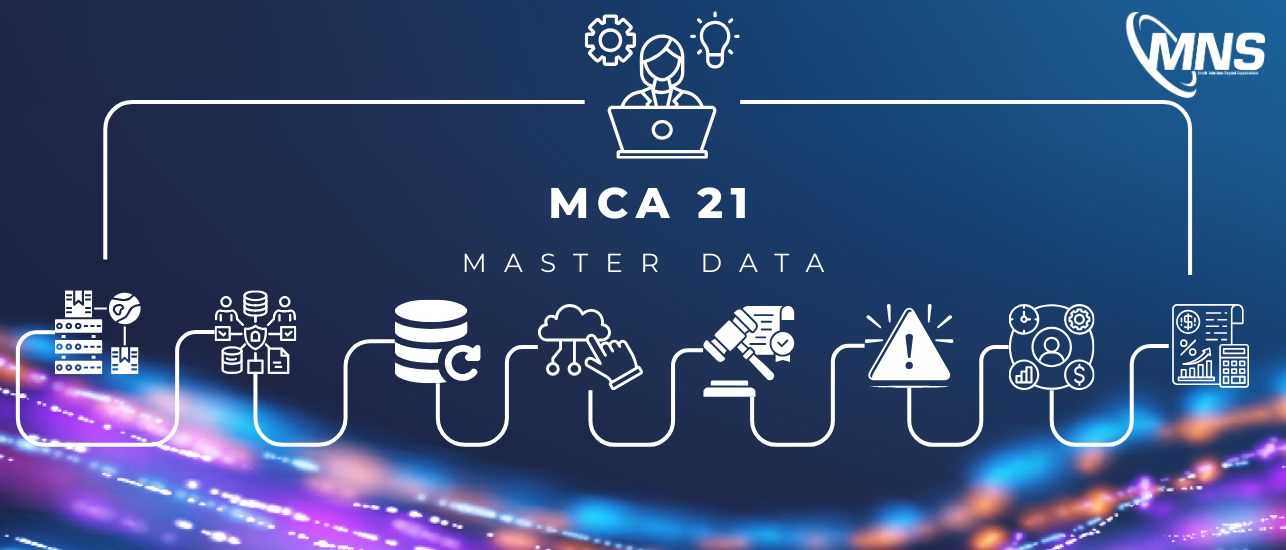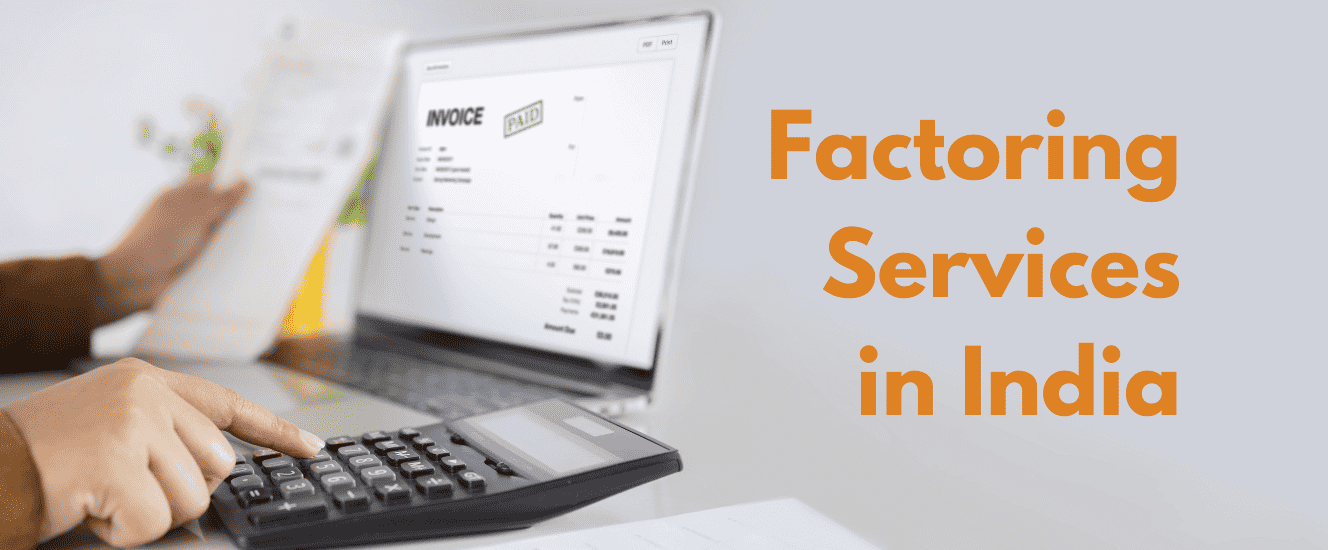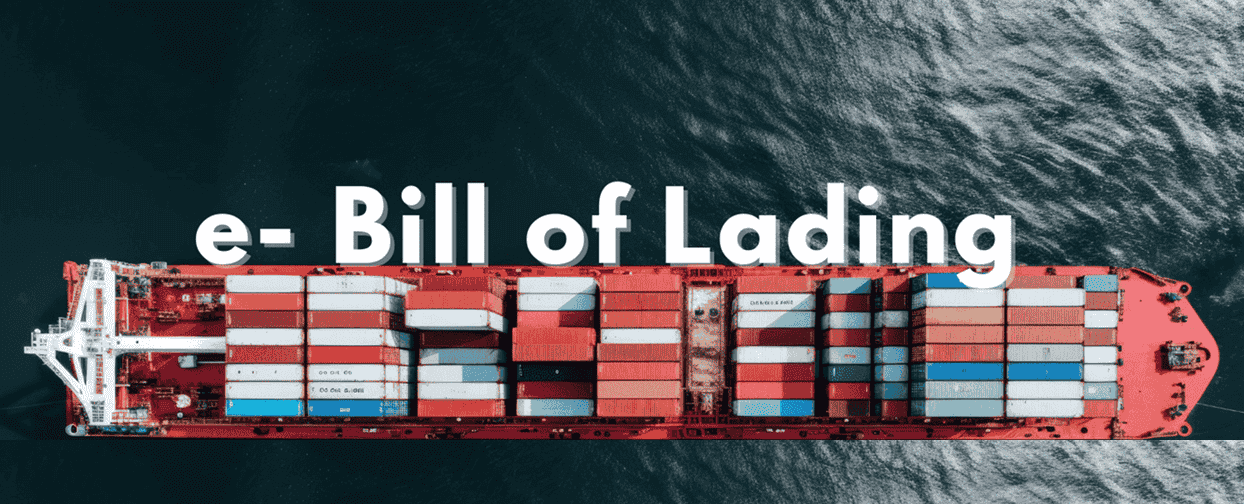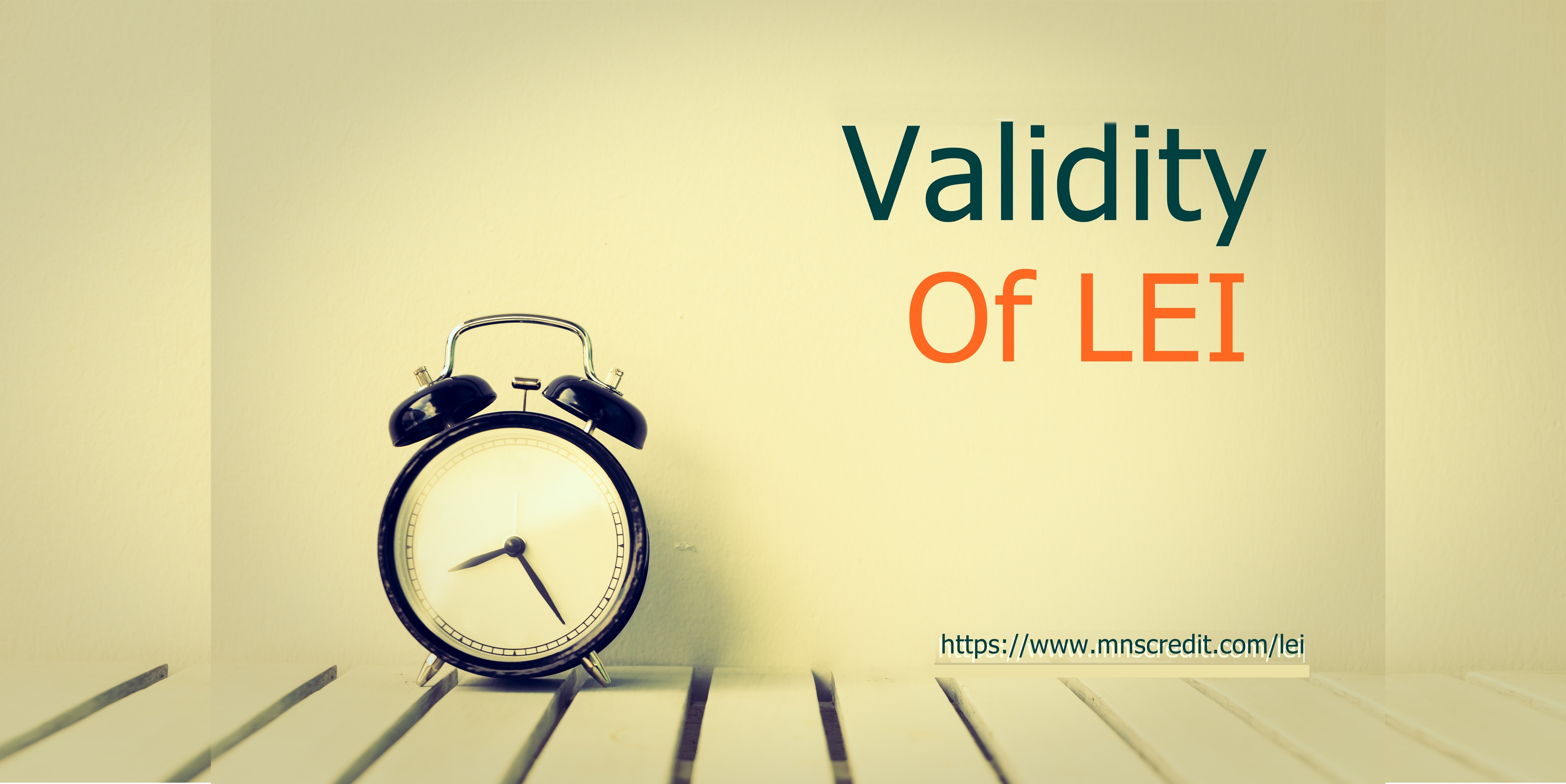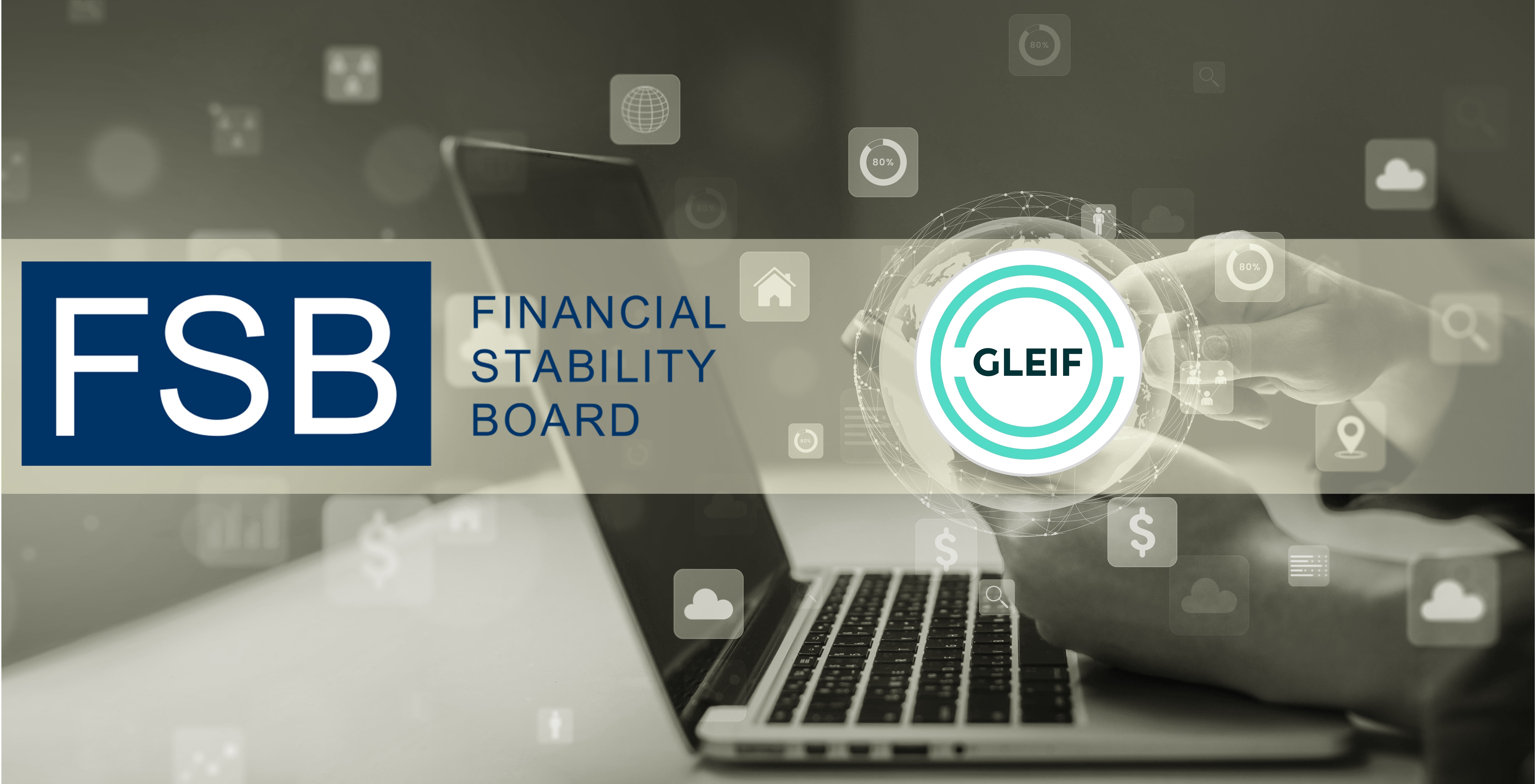The main purpose of debt collection in any country is to find an amicable and smooth settlement of dues between a debtor and a creditor. Indonesia is no exception. However, in Indonesia, there are no specific rules regarding debt collection service (layanan penagihan utang) companies. The rules mainly exist in the Civil Code and other Indonesian regulations. Under Article 1234 of the Civil law Debt is described as a type of agreement where a party is required to provide something or perform an act. It is based on a contract, either a credit agreement or a debt agreement, and is in compliance with Civil Code Article 1338, which states that “all agreements made legally apply as laws to those who make them.”
A debtor and a creditor who are parties to a debt or credit arrangement (utang atau pengaturan kredit) shall abide by the terms of the agreement, particularly with regard to the repayment schedule of such debt, in accordance with the rules mentioned above.
If a debtor does not pay his lawful debt, then he is construed as defaulting or being negligent in fulfilling his lawful obligations. This imposes certain obligations on the creditor to recover the debt. Firstly, the creditor must send a warning letter or reprimand (simas) to the debtor in accordance with Article 1238 of the civil code. Once the warning letter is issued it will be construed that the debtor is negligent in fulfilling his obligations.
According to article 1238 of the civil code, a debtor who fails to make payments to creditors or fails to complete his responsibilities faces legal repercussions and must pay compensatory expenses.
So the process of imitating debt recovery (pemulihan utang) will be to send the warning letter in the first instance to the debtor.
There are also various other regulations that the creditor will have to comply with esp on consumer and community protection in the financial services sector which states that the use of force or violence or forcibly taking debtors assets is an abuse and is as such in violation of the provisions stipulated under this act.
In Indonesia it is also important that all debt collection (penagihan hutang) is carried out with a code of ethics and provisions of applicable law so that debt collection can be done in a harmonious manner and not result in the use of force or entail any form of violence or physical harm. It is important that there is engagement between a debtor and a creditor, and that all possible effort should be made for amicable settlement of dues between both parties.
Moreover, the warning letter sent by the creditor must list out the number of days that the due has not been paid along with amount of debt, interest and fines if applicable.
As per Article 48 of the OJK Reg, 35/2018 the collection activity can be outsourced to third parties through consultation between the financier and such third parties but such third parties should be in the form of legal entity and should have a license from a competent authority and have a certified license in the collection sector having rendered such services in the past and have proven track record of debt collections. The relationship between the financier and the third party remains that of a principal and agent and any acts done by the third party will be construed as done by the financier themselves who have engaged such third parties for debt collection.
Indonesia is also governed by several other regulations regarding the use of Debt Collection Services such as bank of Indonesia regulation number 22/20/PBI/2020 on bank of Indonesia Consumer protection under which a bank or financial institution uses the services of a debt collector. This also explicitly states that use of force in any debt collection activity is prohibited.
It also states clearly that any debt collection has to follow regulation number 23/6/PBI/2021 and Article 191 para (1) in accordance with bank of Indonesia regulations and applicable laws.
In Indonesia like other places debt is also recovered using professional law firms as these firms actually understand the rights and obligations of both the debtor and creditor as well as applicable law.
Some of the legal remedies for settlement of claims and disputes include:
In the event of a dispute between a debtor and creditor, both parties can approach a civil court to resolve the said dispute with the provisions Article 118.The said dispute should be addressed to the chairperson of the court as agreed upon. If this is not done then the claim must be addressed to the chairperson of the court in which the debtor domiciles.
Over 500-million-rupiah worth of debt can be resolved through this forum. For value of debt below five hundred rupiah the debt is settled through a simple claim procedure under regulation of the supreme court number 2 of 2015 on procedures for settlement of simple claims.
Settlement of disputes can also be done by an Arbitration forum which is the Indonesian national Arbitration board only if both parties to the dispute agree to settle the same through the arbitration process. This also is as per the provisions of Article 2 of law no 30 of 1999 on Arbitration and Alternate dispute resolution which regulates the settlement of disputes between parties through arbitration. If the parties have decide to settle disputes through arbitration settlement forum then as per Article 3 of the arbitration law the district court not allowed to adjudicate on the issue.
Under article 6 of the Arbitration law the petition of arbitration should be made in writing and should contain complete information regarding name and address of the petitioner and petitionee, reference to the arbitration clauses that apply to the disputed agreement, the basis of claim and the amount demanded and also the desired dispute resolution method.
Debtors’ debts can also be settled through the mechanism of suspension of payment obligations (SOP) at a commercial court which is subject to the provisions of bankruptcy and suspension of payment obligations.
According to the law of bankruptcy the SOP petition by a creditor only against a debtor that have at least 2 creditors and it is reasonably certain that the debtor cannot pay the amounts that are due. This has been submitted by a creditor along with his advocate and cannot be submitted alone.
Under this court claims can be settled to a maximum of five hundred million rupiah. In this instance, a straightforward claim is submitted to the court where the debtor resides. However, it should be noted that in order to file a small claim, the debtor and the creditor must both be in the same jurisdiction of the court. If the creditor is in a different jurisdiction, the creditor may designate a proxy who is also in that jurisdiction.
In such small claims the examination and settlement process is carried out within 25 days from the date of the first hearing.
In Indonesia, there is an increasing trend for companies to use the services of professional lawyers in order to mitigate the risk of legal violations and speed up the debt collection process(proses penagihan utang).
Frequently Asked Questions (FAQ)
1. What is debt collection in Indonesia?
Answer:
Debt collection in Indonesia is the process of recovering outstanding debts from individuals or businesses. It involves various methods, including direct communication, negotiation, third-party collection agencies, and legal action. The goal is to ensure that the debt is repaid in full according to the agreed-upon terms.
2. What are the common debt collection methods in Indonesia?
Answer:
Common debt collection methods in Indonesia include:
3. How do debt collection agencies work in Indonesia?
Answer:
Debt collection agencies in Indonesia specialize in recovering overdue debts on behalf of creditors. They usually work on a commission-based structure, where they charge a fee as a percentage of the amount recovered. Agencies use various methods, such as phone calls, emails, legal notices, and, in some cases, field agents who visit debtors’ homes or businesses to seek repayment.
Recommended Read:
